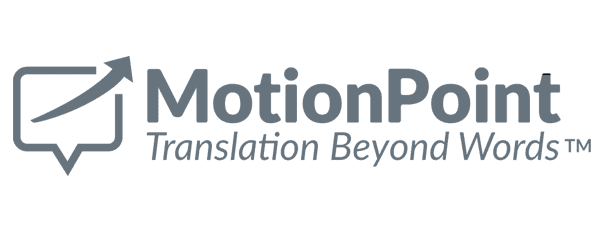




Op de wereldmarkt hebben klanten veel meer vertrouwen in en besteden ze veel meer op websites die letterlijk hun voorkeurstaal spreken.
Yet many major companies are just now beginning to appreciate the vital role language and website translation play for online global customers. Not only does it govern our online conversations and behavior, but it also limits what information we access.
Twenty years ago, researchers determined that about 80% of the Internet’s content was published in English—not surprising, given that the Internet was initially developed in the U.S. and UK, and was rapidly adopted in those countries.
Tegenwoordig hebben bedrijven meer nodig dan alleen Engelstalige websites als ze effectief internationale klanten willen bereiken. Het internet en de wereld zijn sinds het midden van de jaren 90 radicaal veranderd. Om concurrerend te blijven, moeten bedrijven gelijke tred houden.
January 1, 1983 is considered the official birthday of the Internet. Since then, a lot has changed. The Internet's expansion into a global communication landscape was swift. In 1993, after 10 years of existence, it only communicated 1% of the information flowing through two-way telecommunications networks. That shot up to 51% by 2000, and more than 97% by 2007.
Here are some of the ways the internet was able to expand into a global communication tool:
While everyone around the world has started to use the internet to interact, buy and sell goods, and develop professionally, the issue of language and communication barriers became evident. If the entire internet were to choose one language, what would it be?
A lingua franca is a language used to communicate between groups who speak different languages. It’s the most efficient way to get information across to multilingual audiences. For the internet, it represents the most common language utilized by web creators and businesses.
De enorme toename van internettoegang in het afgelopen decennium heeft de online content sterk beïnvloed. The number of Internet users worldwide is around 5 billion, up nearly ~126.24% from the 2.21 billion users reported in 2015. Veel van die groei vindt plaats in opkomende markten, waar het Engels de tweede of derde taal is, als het er al gesproken wordt.
Between the mid-90s and mid-2000s, English-language content dropped from 80% to about 45% of total online content, with some experts placing it at less than 40%. This trend was fueled by the global adoption of mobile and smartphone technology, and the emergence of social media. Chinese became the second-most common language used online, increasing by a staggering 2,227% since 2000.
Currently, English still holds the first place slot with 58.8% of Internet use. Russian is in second at 5.3%. Spanish represents a close third, with French trailing right behind in fourth.
China and India currently lead the world in Internet and social media usage. China now has 1.2 billion users, a majority of their current population. China is geen markt waar het Engels de primaire taal is en in India spreekt bijna 90% van de inwoners geen Engels.
Studies suggest that about half of all Twitter posts are written in languages other than English—with Japanese, Spanish, Portuguese and Indonesian consumers being most active.
[insert YouTube video: https://youtu.be/bVeAN8h40Q4]
This ever-evolving linguistic landscape profoundly impacts global online business. Uit een enquête van Common Sense Advisory uit 2006 blijkt dat 73% van de respondenten meer geneigd is om in de moedertaal te kopen. Eight years later, the group conducted a larger-scale study. De vraag van consumenten was gestegen met 75%.
Uit het onderzoek uit 2014 bleek dat bijna 60% van de respondenten ofwel 'meer tijd doorbrengt op sites in de eigen taal dan in het Engels, ofwel Engelstalige URL's boycot.' Bovendien hebben de wereldwijde consumenten zich bereid verklaard meer te betalen voor artikelen als beschrijvende informatie in de taal van hun voorkeur wordt verstrekt.
By translating and localizing your business’ website to accommodate certain markets, you open yourself up to some great benefits:
The takeaway is clear: English hasn’t been the lingua franca of the Internet for many years—and as Internet adoption continues to grow worldwide, content in languages other than English will become increasingly vital for business.
Om op wereldschaal concurrerend te blijven, moeten bedrijven in elke branche online ervaringen aanbieden in de plaatselijke markt, in de plaatselijke taal en toegankelijk voor lokale consumenten via het apparaat van hun keuze. Website translation is now essential for businesses that want to grow and stay relevant. Embracing these inclusive best practices is mission-critical to achieving international business success.
MotionPoint’s Adaptive Translation™ is the first step to making your website more accessible and useful for multilingual consumers. Contact us today!